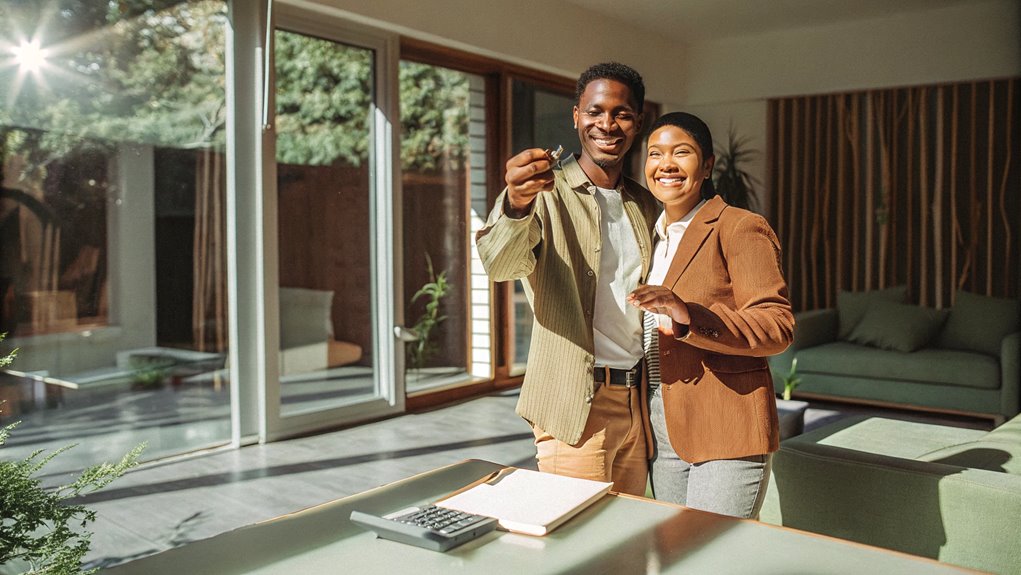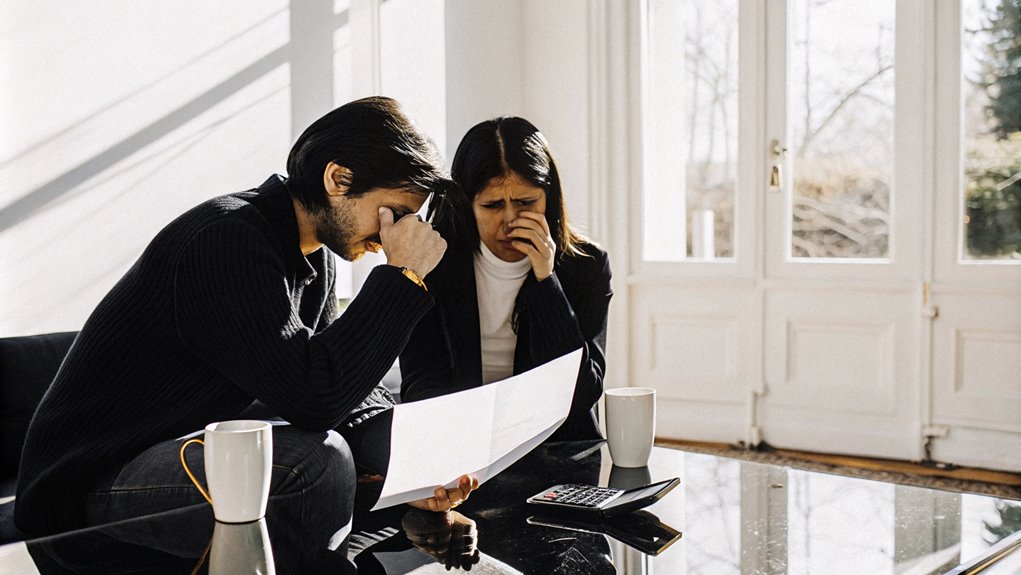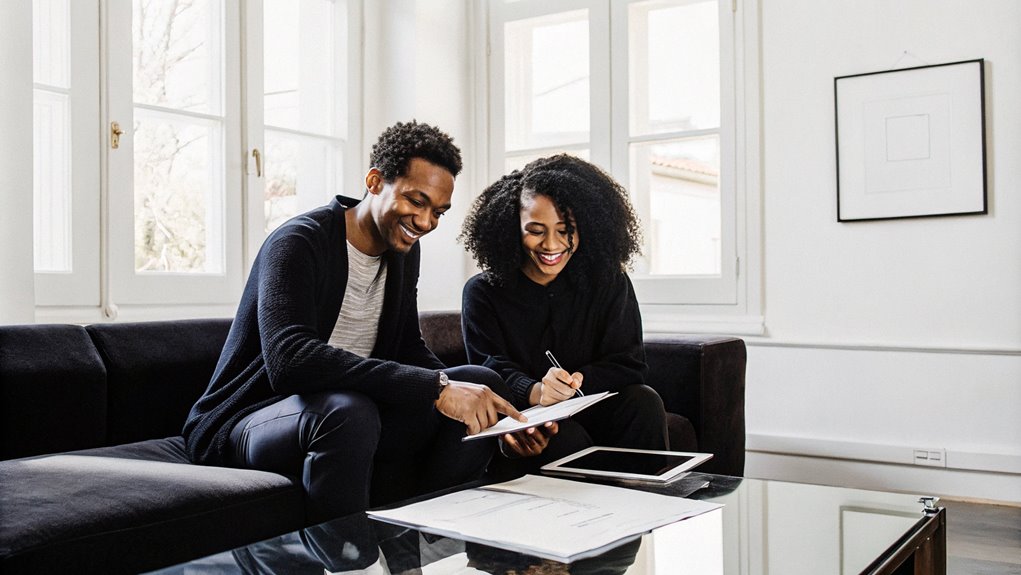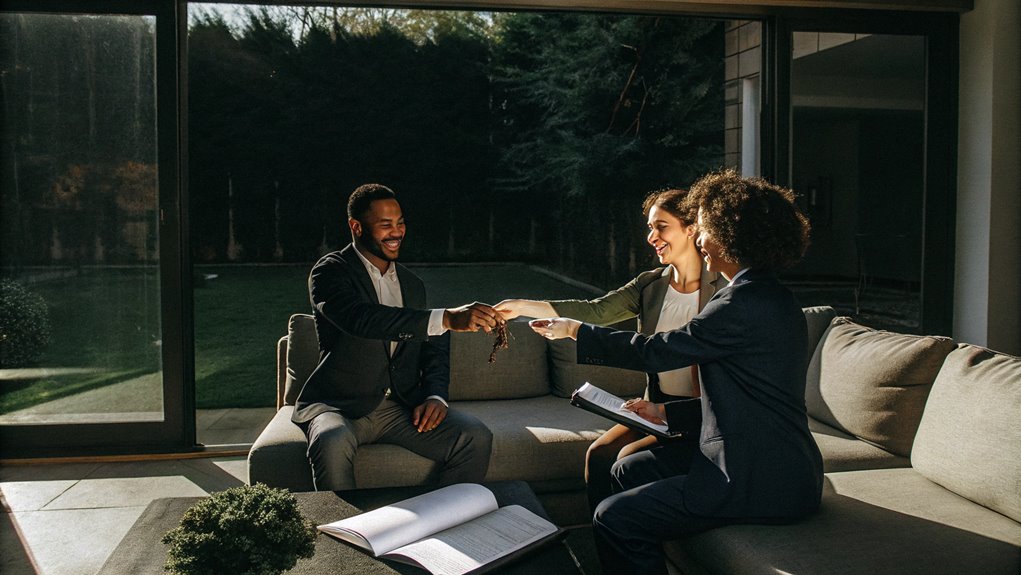Getting a home with no money down is now real for more people. More folks are using these loans – 8 out of 100 homes are bought this way. That's more than the 3 out of 100 we saw in 2019.
If you served in the military, you can get a VA loan with no money down. If you want to live in the country, USDA loans can help you too. You just need good credit and a steady job.
While you don't need money upfront, you will pay more each month. Over time, you might pay $50,000 to $100,000 more than if you had made a down payment. Still, one out of every ten new home buyers picks this path.
Ready to start building equity in your own Michigan home? Get your personalized home loan quote today.
Understanding Zero Down Payment Programs

Getting a home without a down payment is now possible! While most people need to pay 20% of the home price up front, some special loans let you buy a house without any money down.
If you served in the military, you can get a VA loan. If you want to live in the country, you can get a USDA loan. Both of these loans help you buy a home with no money down.
To get these loans, you need:
- Good credit scores
- A steady job
- Not too much debt
Keep in mind that your monthly payments will be higher when you don't put money down first. You'll also need to pay for loan insurance each month.
Many people now use these no-money-down loans. In fact, one in ten new home buyers gets a home this way.
Michigan residents, unlock the door to your new home. Request your home loan quote from Treeside Financial today.
Benefits For First-Time Buyers
Getting your first home is easier when you don't need a down payment. Many people find it hard to save money for a house while paying rent. These plans help you buy a home without saving the big chunk of money most banks want.
When you don't need a down payment, you can use your money for other things. You can pay for moving trucks, fix things in your new home, or keep some cash saved for later.
Many new home buyers can get their house years faster this way. The best part is that you can start owning your home now, instead of waiting to save up. This means you can buy while homes are still at prices you can afford.
Hidden Costs and Risks

When you get a loan without putting money down first, you need to know the true costs.
You'll pay more each month than if you made a down payment. The bank will charge you higher interest rates. You'll also need to pay for special insurance to protect the bank.
Not having money in your home from the start is risky. If home prices go down even a little bit, you could owe more than your house is worth.
You'll also need to pay extra fees when you close on your home. The bank will want you to keep more money in your savings account too.
Before you decide to buy with no money down, think about all the costs.
You'll need to pay for things like taxes and home repairs. Many people forget about these extra costs and get surprised later.
Market Impact and Trends
Zero-down home loans are changing how people buy houses. More people can now buy their first home because they don't need money up front. In areas where these loans are easy to get, many more first-time buyers enter the market.
More banks now offer these loans than ever before. Eight out of every 100 home loans today need no down payment. This is up from just three loans in 2019. Home prices go up in places where these loans are common.
Young adults love these new loans. More than one in three people aged 25-40 want a zero-down loan to buy a home. This big change may lead to new rules about home buying in the future.
Making Smart Financial Decisions

When you want to buy a home, you need to think hard about the best way to pay for it. Some banks let you get a house with no money down. But this costs more in the long run. You may end up paying $50,000 to $100,000 more over time.
Saving money first is often better. Put some cash aside each month until you have enough for a down payment. This will help you pay less each month. People who save up first are less likely to lose their homes later.
Look into special programs that help first-time buyers. Some only ask for a small down payment of 3.5%.
Before you decide, make sure you:
- Have a steady job
- Save some extra money for hard times
- Know how much debt you have
- Check your credit score
The more you know about your money, the better deals you can get from banks.







